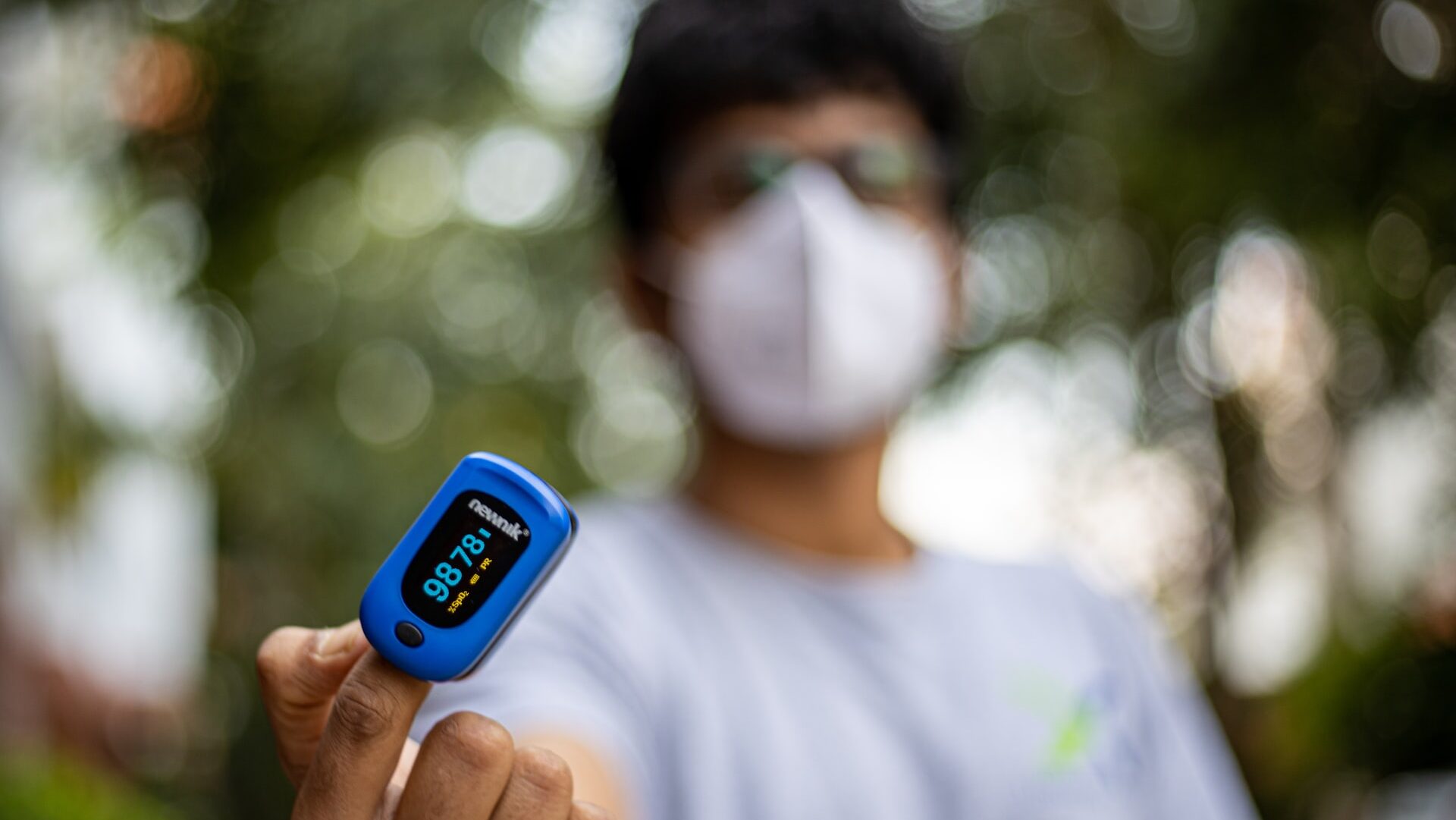
Two new mutations in the toll-like receptor (TLR)7 gene have been discovered in healthy young men who experienced very severe COVID. This adds to the body of evidence suggesting that such mutations undermine a sufficient immune response against SARS-CoV-2, according to the study published in Frontiers in Immunology.
SARS-CoV-2 infection can lead to serious inflammation and even death, with risk factors including older age, male gender and chronic diseases such as diabetes and obesity. However these risk factors do not explain why (very) severe COVID also occurs in young, healthy men without a medical history.
Last year researchers reported that mutations in the TLR7 gene were a possible rare genetic risk factor. Two unrelated pairs of brothers became seriously ill with COVID and one of them died, according to the study. Both pairs of brothers had a mutation in the TLR7 gene, which encodes the receptor that plays a role in the recognition of the coronavirus and activates the antiviral immune response through interferon induction. TLR7 therefore seems to be important for immune defence against SARS-CoV-2.
Several subsequent studies had similar findings. An Italian study of men over 60 years of age with severe COVID found that more than 2 percent of severely affected men carried a genetic mutation in TLR7, giving rise to an impaired functioning TLR7 receptor, something not seen in the control group. The researchers again observed impaired activation of interferon signaling, showing that an optimal immune response could not be mounted. “A recently published study in the American Journal of Human Genetics, which looked for rare genetic risk factors through an association study in more than half a million people, also revealed TLR7 as the most important factor for severe COVID,” said geneticist Alexander Hoischen from Radboudumc Nijmegen, the Netherlands.
In the present study, the researchers, teaming up with Spanish scientists, screened 14 cases of severe COVID in young, healthy men under 50, of whom 10 were from Spain and four from the Netherlands. Hoischen said that “hitherto unknown mutations of the TLR7 gene were found in both a Spanish and a Dutch patient. In the Dutch patient again we saw the defective activation of the signaling and impaired production of interferon.”
The Dutch case was special because two of the patient’s cousins had the same mutation. Though not qualifying for vaccination at that time due to their young age, they were given priority based on the research. Study author Van der Made said that “as far as we know, these family members had not yet been exposed to the coronavirus. We therefore decided to vaccinate them preventively, in order to greatly reduce the risk of serious illness from COVID. In our small-scale study, we provide an impetus for screening a selected group of young men, precisely because a diagnosis of TLR7 deficiency due to mutations in this gene can have consequences for treatment, such as the mentioned preventive vaccination.” Hoischen further noted that: “Mutations in the TLR7 gene are now also listed as immune deficiency in OMIM – the international website where such information is registered.”
Source: MedicalXpress

